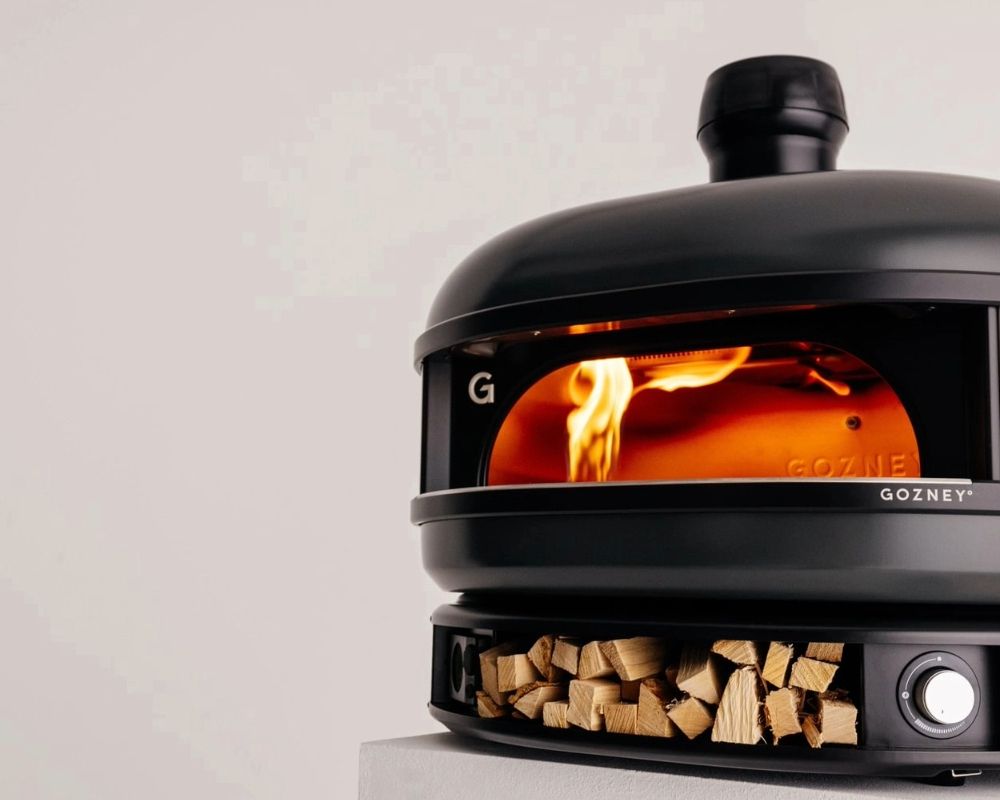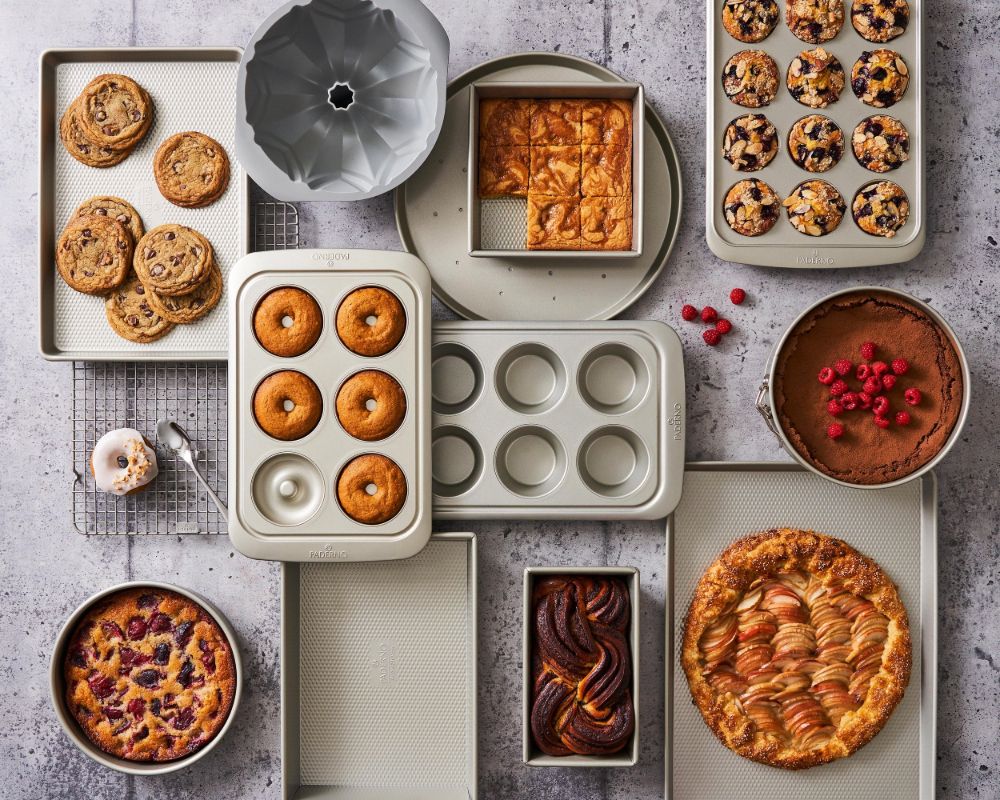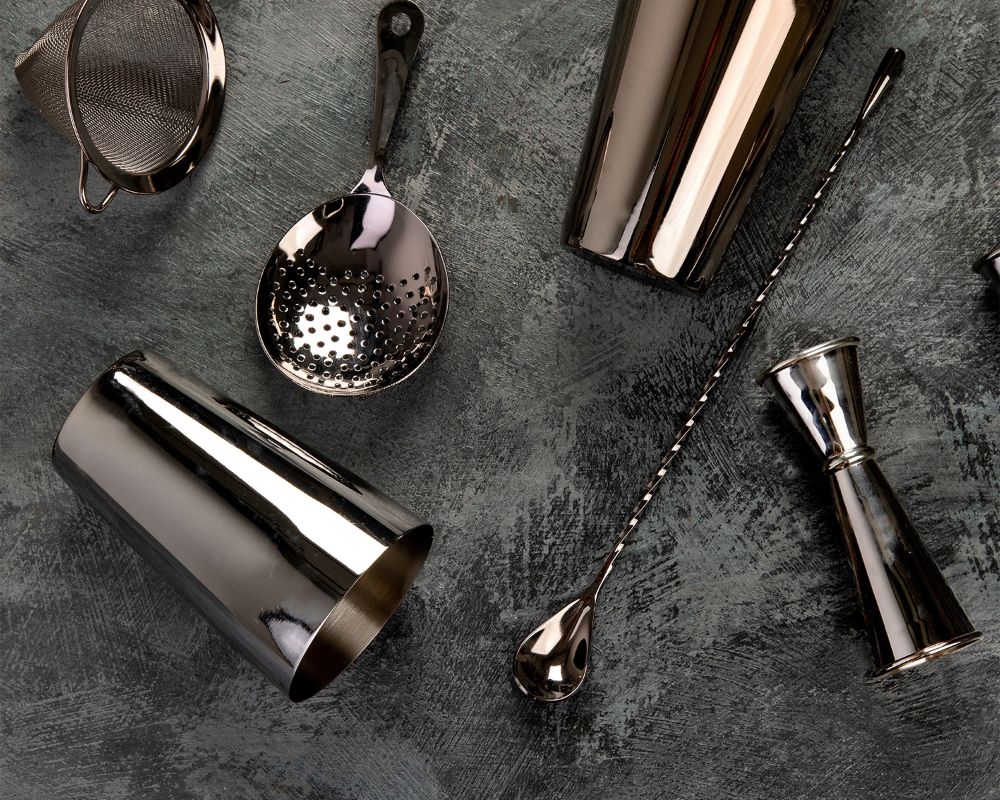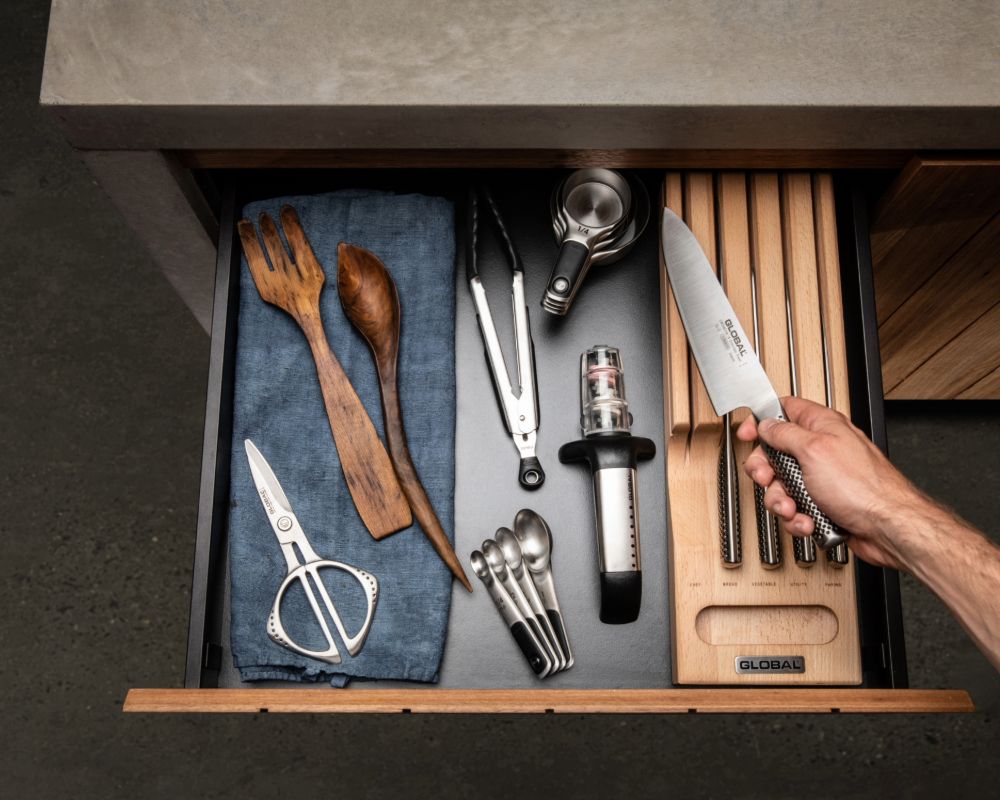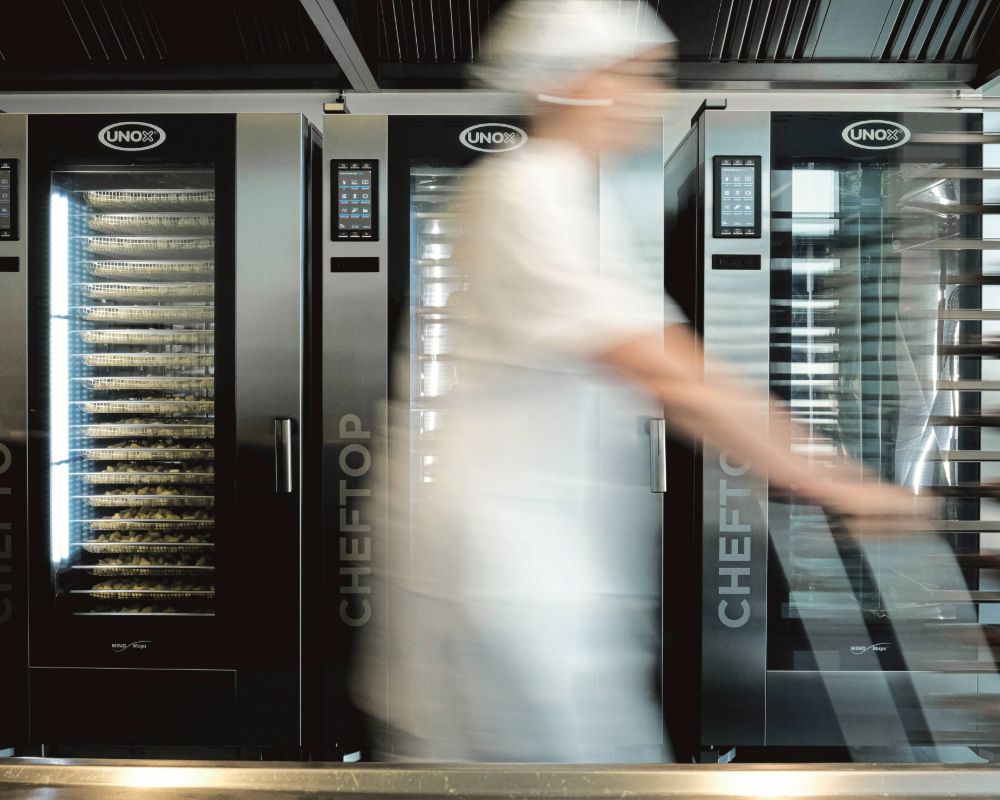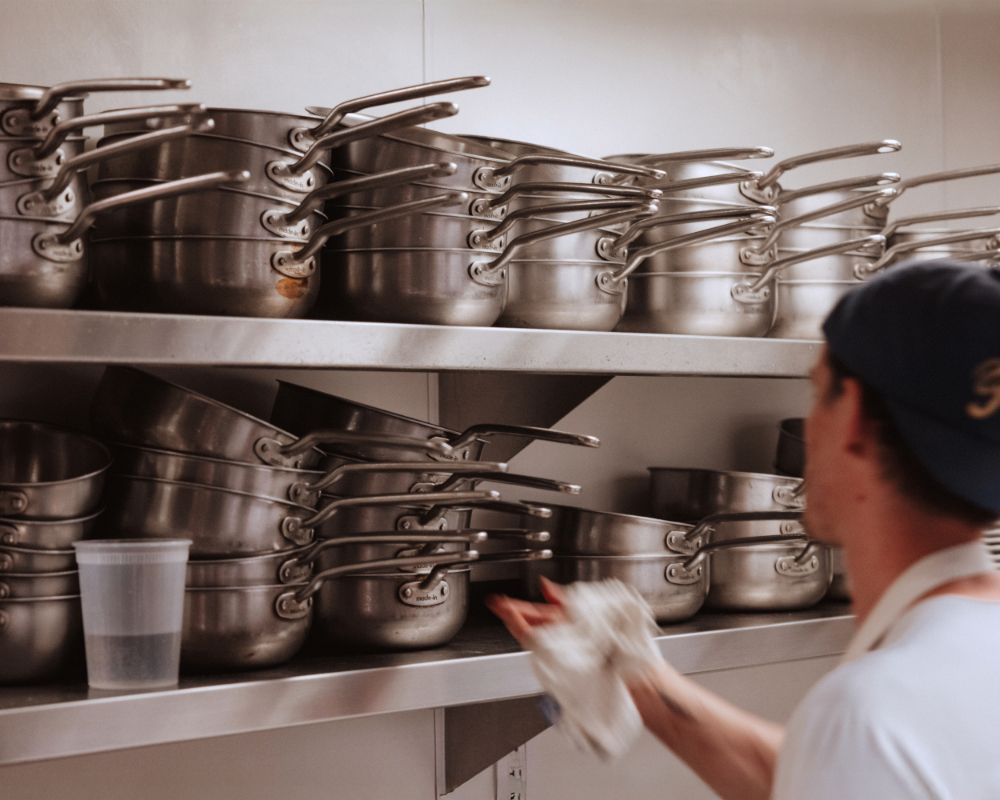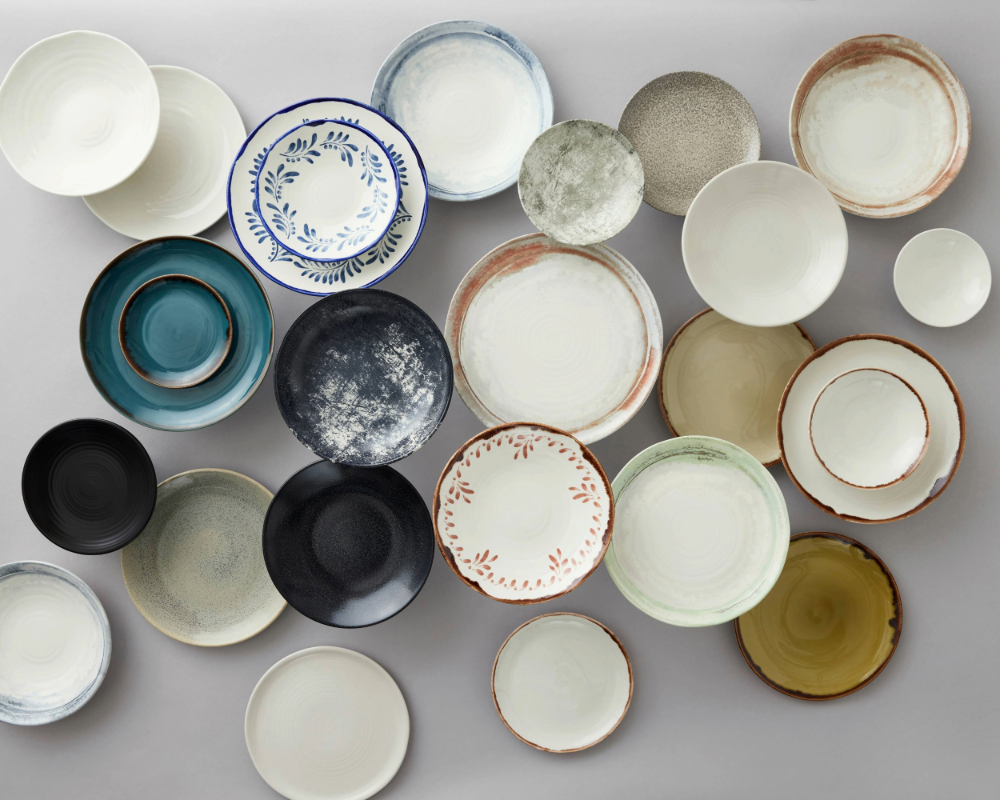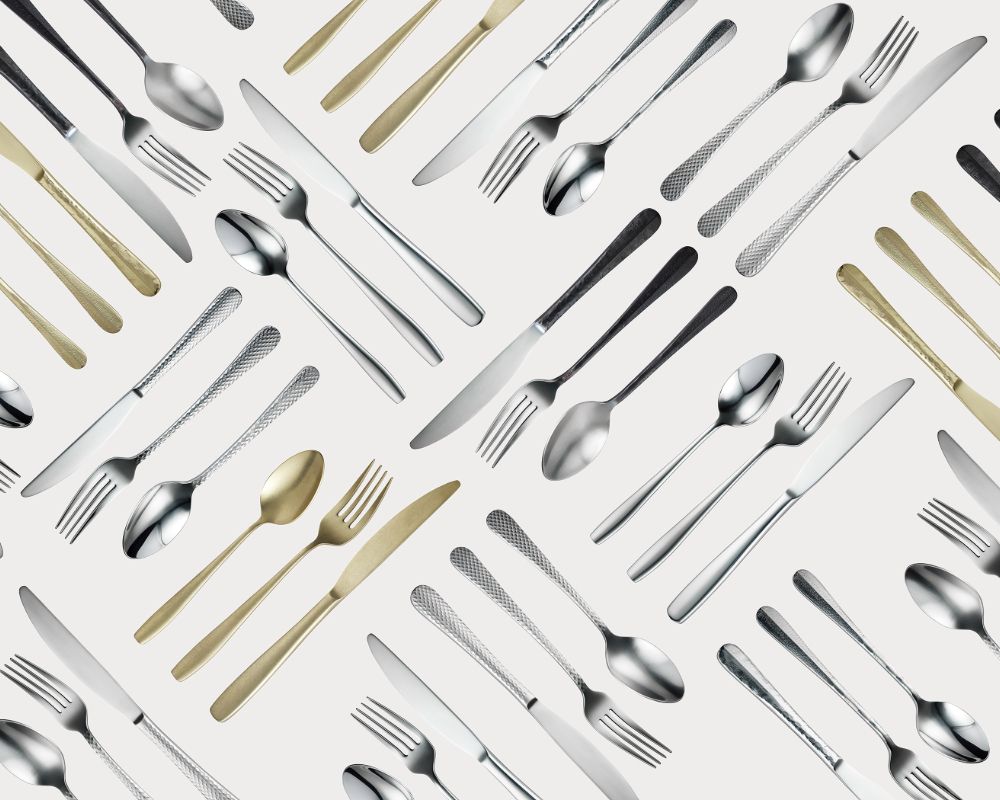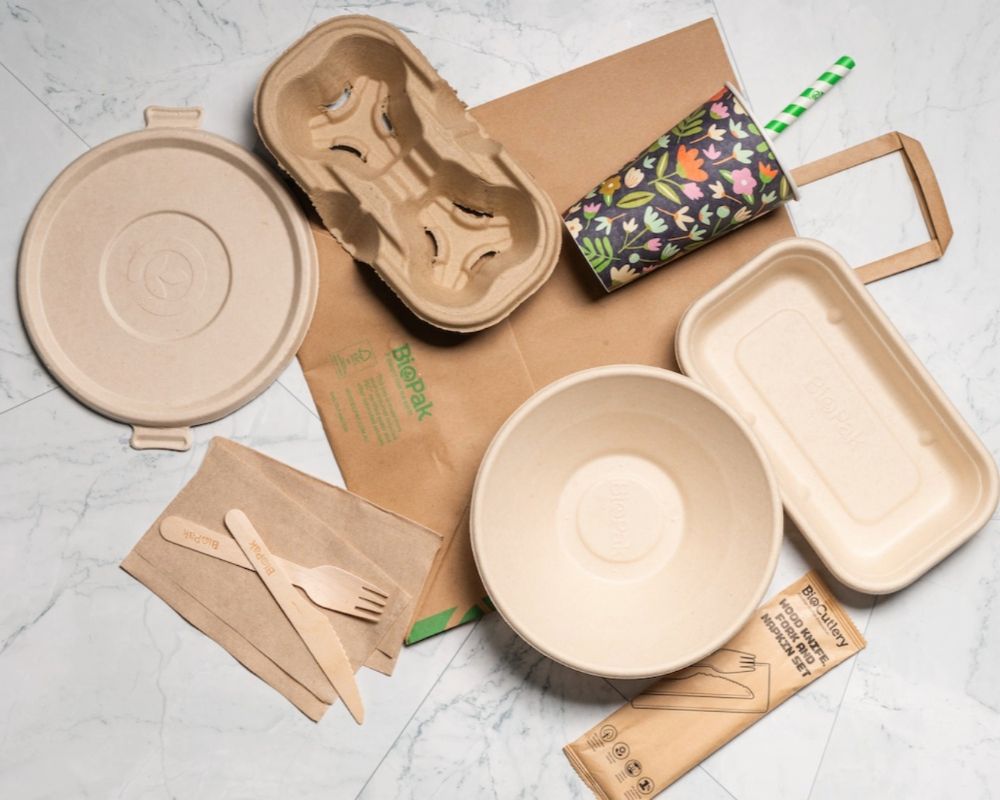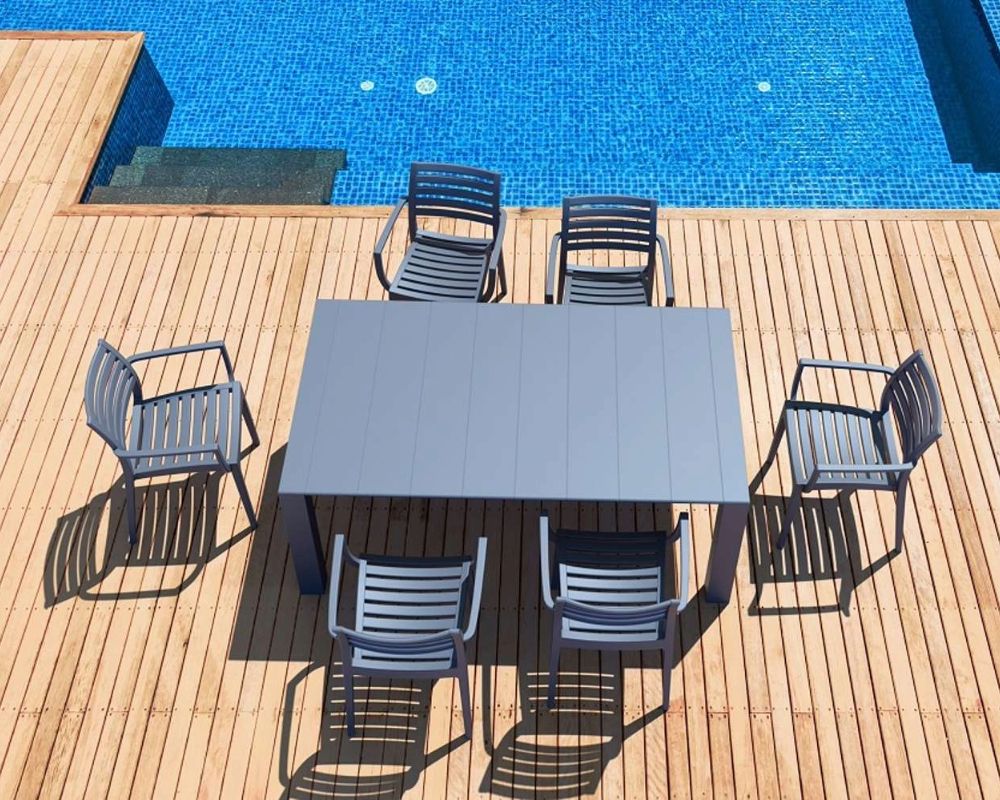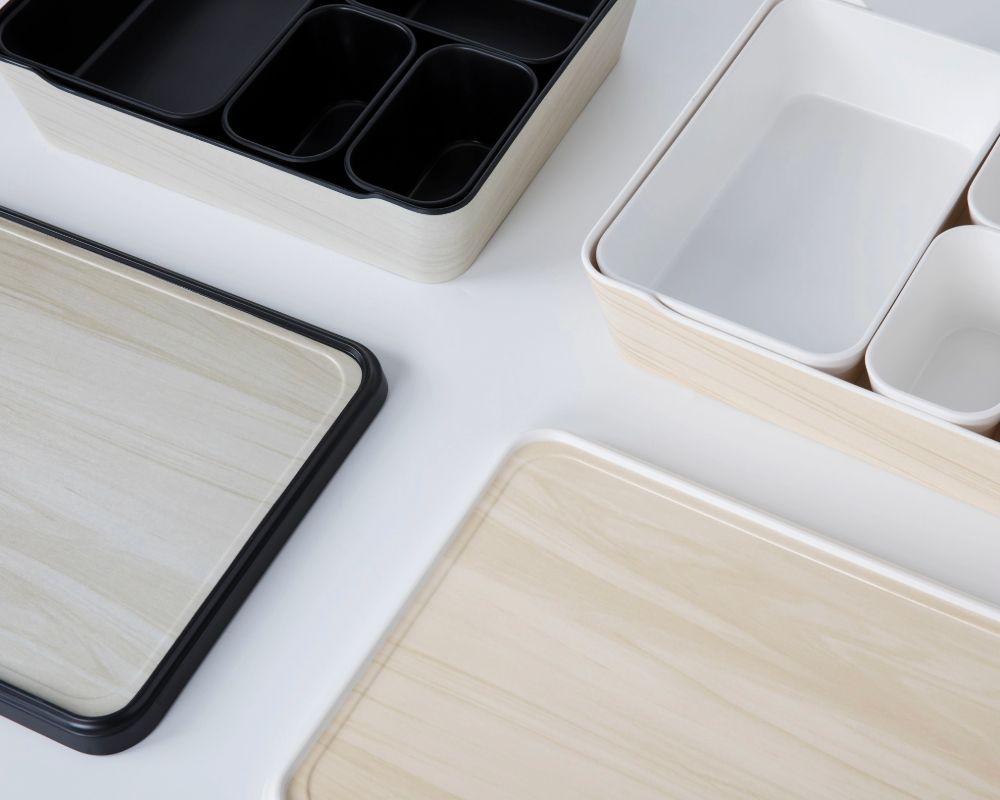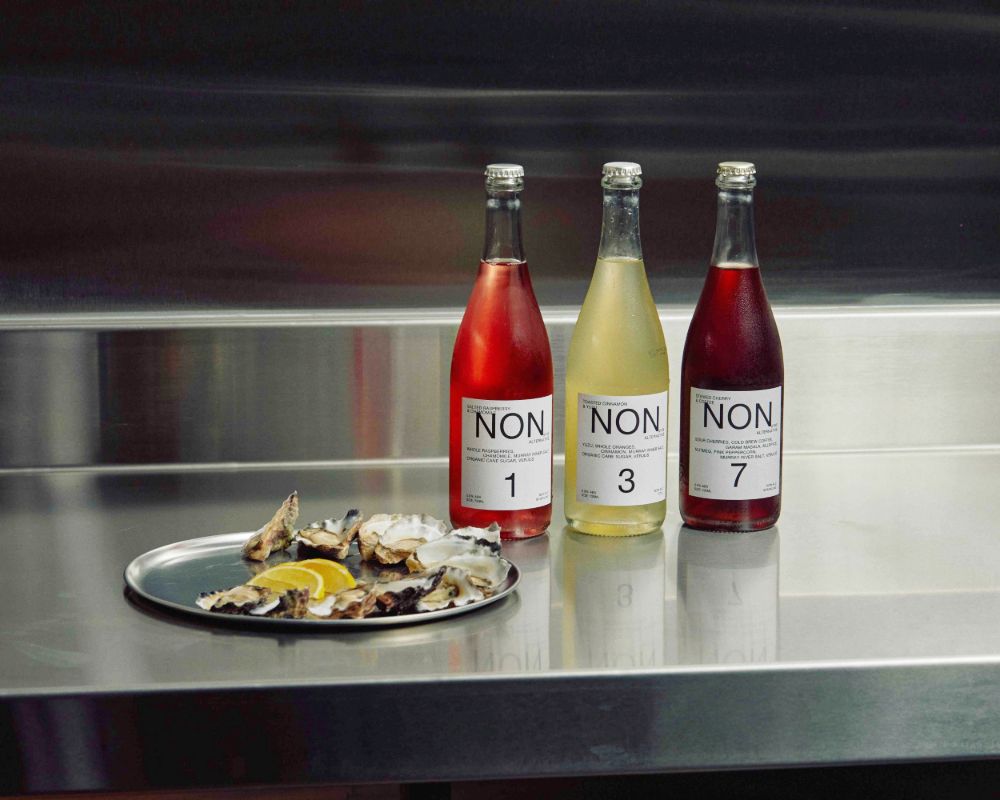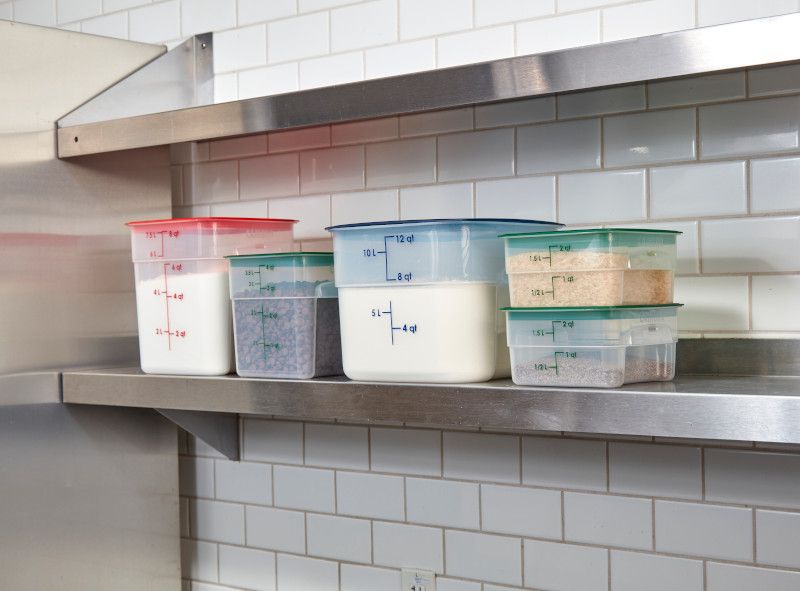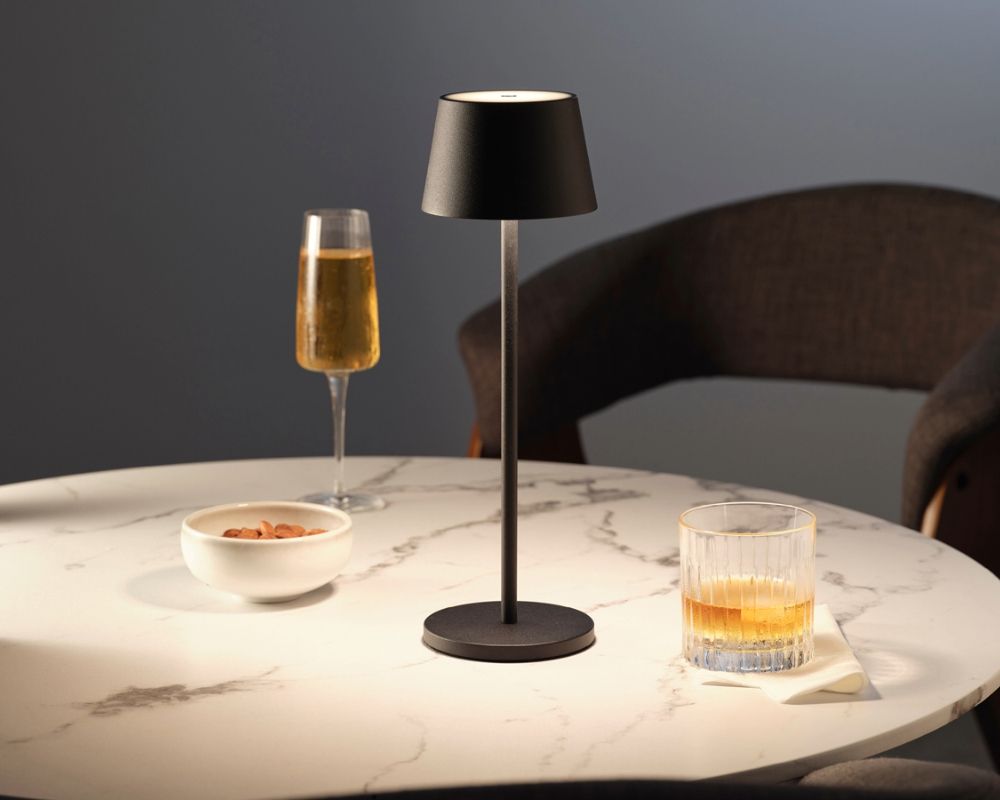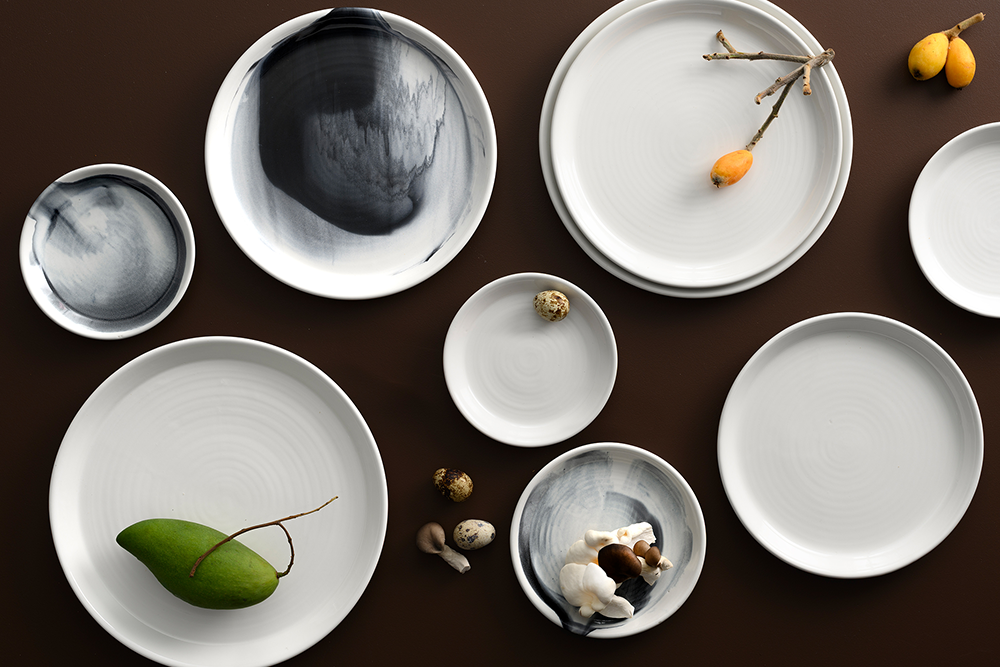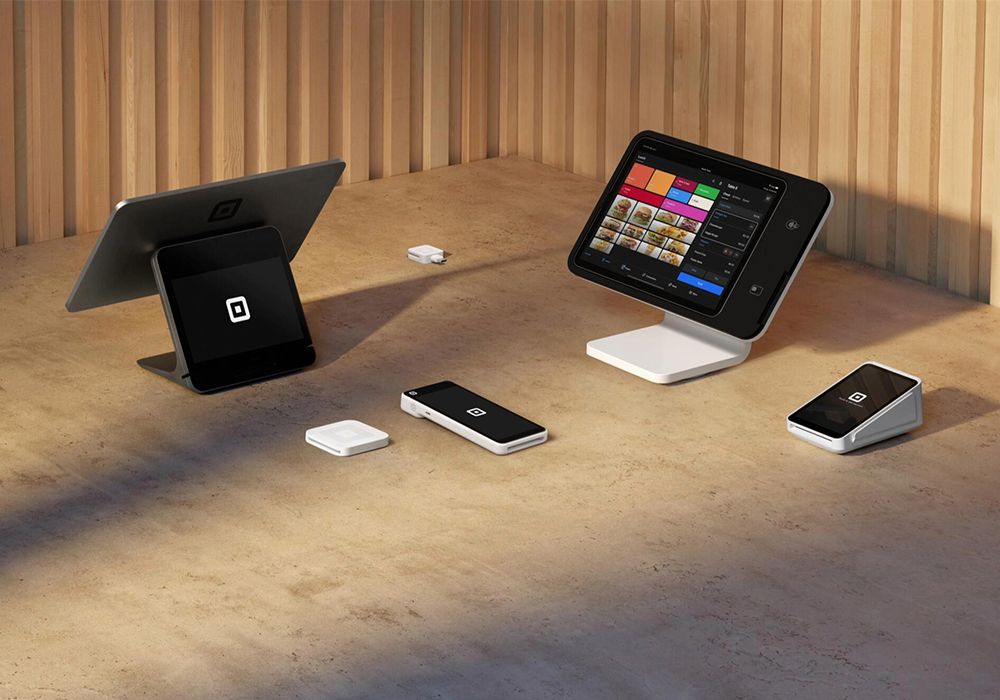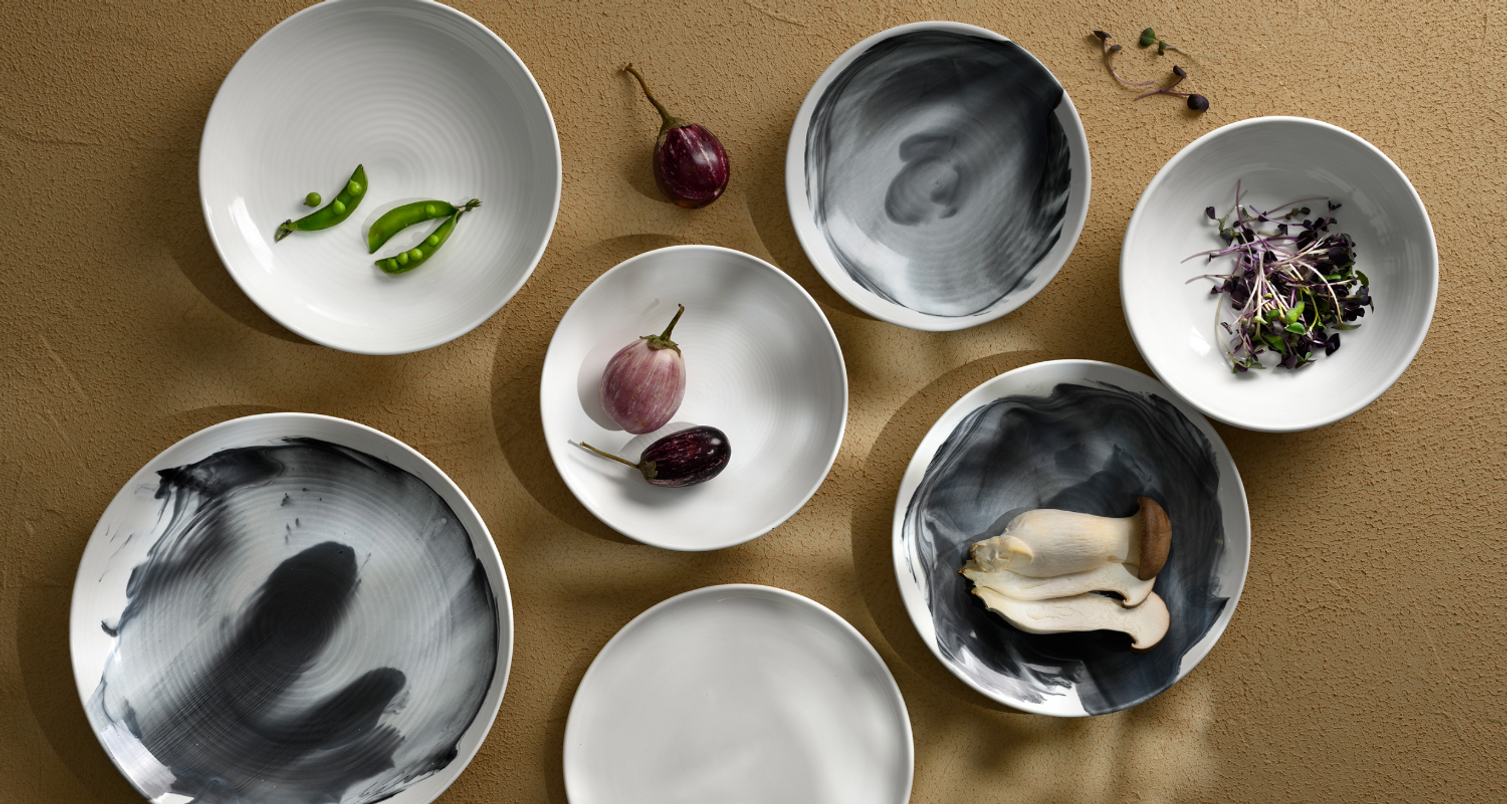The Importance of Commercial Grade Kitchen Appliances
|
To the untrained eye, it might seem like all cooking equipment is the same. Most assume the difference in kitchen appliances is simply size. This is why far too many small cafes and restaurants fall into the trap of using residential grade cookware in a commercial environment. However, there are vast differences in the quality and design of commercial-grade kitchen appliances. Commercial grade appliances are designed to handle extreme wear and tear, as well as cooking volume, that conventional appliances are simply not capable of doing. So if your restaurant is attempting to get by on conventional cooking equipment and appliances we’re going to explain the importance of using commercial-grade kitchen appliances. VolumeCommercial kitchen appliances are significantly different when it comes to volume. Conventional stovetops, ovens, fridges, and dishwashers found in homes are designed to prepare, store, and clean for a few meals at a time. A restaurant kitchen, however, must hold up to serving dozen if not hundreds of diners every night. This causes conventional equipment to wear down far faster than their commercial counterparts. QualityQuality is another important factor to remember. Home and conventional appliances are only designed to be used for a couple of hours a day if that. Commercial grade kitchen appliances, however, are designed to be used almost continuously. This is why they are generally constructed from high quality, heavy-duty materials, like stainless steel, that hold up to constant use. They are also easier and safer to clean. SafetySafety is one of the most important requirements in a commercial kitchen. Commercial health codes, while they vary from city to city, are extremely strict when it comes to food safety. Health codes require commercial kitchen equipment to be designed to cook food thoroughly, to prevent dangerous food-related illnesses like food poisoning. Conventional equipment, again, is not designed for these strict health codes and may not be able to keep up with constantly changing safety requirements. SizeCommercial equipment, especially ovens and fridges, serve the same purposes as their conventional counterparts. However, the size of this equipment is far larger to handle the volume requirements of a commercial kitchen. They require the space to cook multiple items at once, as well as large batches of food that conventional appliances simply cannot handle. ProfessionalismUnless you’re a professional chef, it is unlikely that conventional kitchens utilise professional butcher knives and appliances. Commercial grade kitchen appliances are more expensive, due to their higher quality and longevity. They are designed with professional chefs in mind, so they are bigger, longer-lasting, and durable. Regular kitchen appliances, like your average kitchen knife, simply cannot stand up to the needs and use of a professional kitchen. The Difference Between Conventional and Commercial RefrigerationPeople often think the only difference between commercial and home refrigeration is size. Size is, of course, a factor. Configuration is also different. Most home kitchens use a fridge that is either combined with a freezer, or they utilise two different machines for cooling and freezing. In commercial kitchens, refrigeration and freezing equipment needs to be large and heavy-duty, to handle the amount of food a kitchen requires. Large kitchens have walk-in freezers where meat and other products are kept. Smaller kitchens and cafes have standalone fridges and freezer units as they don’t need to keep a large amount of produce cold. But these standalone refrigeration systems are still more powerful than home fridges, in order to keep up with the needs of busy commercial kitchens. Further, commercial refrigeration also includes cold display cabinets to hold both food and beverages. Unlike home kitchens that generally keep our (often messy) fridge interiors hidden, many cafes and kitchens require professional-grade, cold displays and refrigerators to showcase their wares. These range from large, standing refrigeration units (for displaying drinks and packaged food) and countertop units for both display and serving. Chef’s Hat understands that refrigeration and freezing options need to be flexible to suit the busy needs of a professional kitchen. As a result, we carry a wide range of commercial freezers and refrigeration options to suit your kitchen and storage needs. The Difference Between Household and Commercial Stoves and OvensMost household kitchens have a conventional oven and stovetop, or combination stove and oven. These appliances are designed to handle home baking, roasts, and typical family use. While they are durable devices, they are not up to the rigours of a commercial kitchen. Unfortunately, too many small kitchens and cafes try to utilise conventional kitchen ovens and stoves as a cost-saving measure. But commercial kitchen appliances are designed to handle the volume of cooking required every day. This can be hundreds of people, as opposed to the 4-5 person family. Commercial ovens and stoves also come in separate or combination units designed to cook a combination of dishes at once. Commercial kitchens also require cooking equipment, like griddles, rotisseries, and microwaves. While we might have some of these in our own kitchens – a microwave can be indispensable! – like ovens and stovetops, commercial-grade microwaves and griddles are designed for heavier, constant use. Chef’s Hat carries a wide range of stoves and ovens for commercial kitchens of all sizes, as well as other cooking equipment. From microwaves to griddles, to rotisseries and smoking boxes, we have the equipment your kitchen needs to go from good to great. The Difference Between Household and Commercial DishwashersDishwashers are amazing appliances and a must-have, not just for commercial kitchens, but home kitchens as well. Modern dishwashers are more environmentally friendly and utilise less water than handwashing dishes. Conventional dishwashers can handle the general mess and cleaning required of the average household. Generally, they can reach temperatures of 48-65 degrees to properly wash and sanitise your dishes. They also offer multiple options so you can adjust the duration and intensity of the wash, depending on your household needs. Commercial dishwashers, however, are far more functional than household units. Not only is it large to manage a commercial kitchen volume, but it also runs at hotter temperatures to minimise potential microbial growth. They are also built to handle multiple, heavy loads a day and constant use. This means the quality of commercial appliances, like dishwashers, is higher because they require high-quality materials to withstand constant use. The Difference Between Home and Commercial Grade CookwareCookware is one of the most important items to have in your cooking repertoire. Commercial or home kitchen, you need quality cookware that will last the test of time. However, commercial cookware is generally of a far higher quality. This is because commercial grade cookware is subjected to intense heat and abuse. From industrial level heat to banging and tossing, commercial-grade appliances need to hold up to the needs of an intense cooking environment. Commercial kitchen appliances, like cookware, are designed with performance needs in mind. Cookware for commercial environments needs to be high performance, easy to heat and maintain heat without cold spots and withstand the extreme heat of a commercial stove for extended periods of time. Aesthetically pleasing cookware is also more of a home cookware need than a commercial kitchen need. Commercial kitchens value performance overlooks – though copper cookware makes great display pieces – while home cooks often display the cookware they actively use, meaning aesthetics is often as important as performance. Scales, blenders, mincers, even shelving, need to be of a higher quality and level of durability. Commercial or Conventional Kitchen Knives?Any serious cook, home or commercial, will tell you that quality knives can make or break your kitchen. Low-quality knives tend to be cheaper because you need to replace them so often. And this adds up in the long run. Cheap knives are vulnerable to chipping, blunting and broken handles, which makes them unsafe to use. Professional chef knives are designed to be stronger and put up with the rigours of a kitchen and constant use. As a result, the steel used is of higher quality, with some of the best knives featuring Damascus steel for a sharper, finer cut and greater durability. Carbon steel is also popular and these knives are renowned for their ability to hold a sharp edge. Stainless steel is also popular for its durability and ease of cleaning. A commercial kitchen, no matter how small, needs high quality, commercial-grade knives, to save money and improve performance. And home cooks should consider slowly replacing their conventional knives with professional knives. Conventional vs Commercial Grade Food Preparation UtensilsWhile our minds go to the big equipment when it comes to commercial-grade appliances, we forget that all the conventional cooking equipment we have has a commercial counterpart. And for good reason, as we’ve mentioned countless times above, commercial-grade kitchen appliances need to be high quality, durable, and capable of handling the demands of constant use in a commercial kitchen. This is why Chef’s Hat carries a wide range of cooking miscellanea to take your commercial cooking from good to great. It will also allow you to produce a larger number of dishes with greater consistency. The Benefits of Upgrading to Commercial Grade Kitchen AppliancesWhile upgrading from conventional appliances to commercial appliances can be daunting, it is extremely important for all commercial kitchens. Not only will it save you money in the long run, but it will also:
By investing in commercial-grade kitchen appliances, you are investing in your kitchen, your customers and your business as a whole. As a result, Chef’s Hat carries a wide variety of commercial equipment to make it easier for you to upgrade your kitchen today. We have worked with professional restaurants and cafes across Melbourne to help them improve their kitchens. Explore our range of commercial equipment today or contact us for more help and advice! |
-
Great article on benefits of commercial-grade kitchen appliances. As a food enthusiast, I found it informative to learn about the benefits of using commercial-grade appliances in a professional kitchen. Thank you for sharing this valuable information.Date: 16-03-2023john oliver PartsFe



